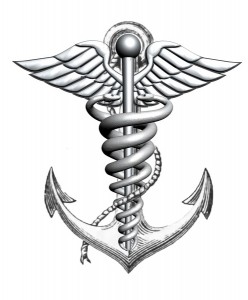
In the past few months, two people I know almost died (one will die very soon) due to medical mistakes. Considering both of these men are well educated and live in America, in major metropolitan areas, with access to a wide variety of experts, and with very supportive family and friends, how can this happen? Tragically enough, their stories are not the exceptions. They fell victim to Anchoring Errors — judgement errors common in situations with lots of stress (e.g. emergency rooms); where many individuals are involved (e.g. a parade of doctors assigned to a patient in a hospital); where there’s inadequate time for problem solving (again, think emergency rooms); and, most importantly, there’s no built-in mechanisms to go back and re-conceptualize the problem, to re-diagnose, and to change the solution in the light of other variables or data. Doctors make mistakes. We ALL do, all the time. But when doctors make it, the prognosis for the patients are sometimes dire. In the cases I’m about to describe, deadly… “How Doctors Think” is an amazing book and one I have given to many of my friends and family and even to my personal physician. It describes way in which even…
